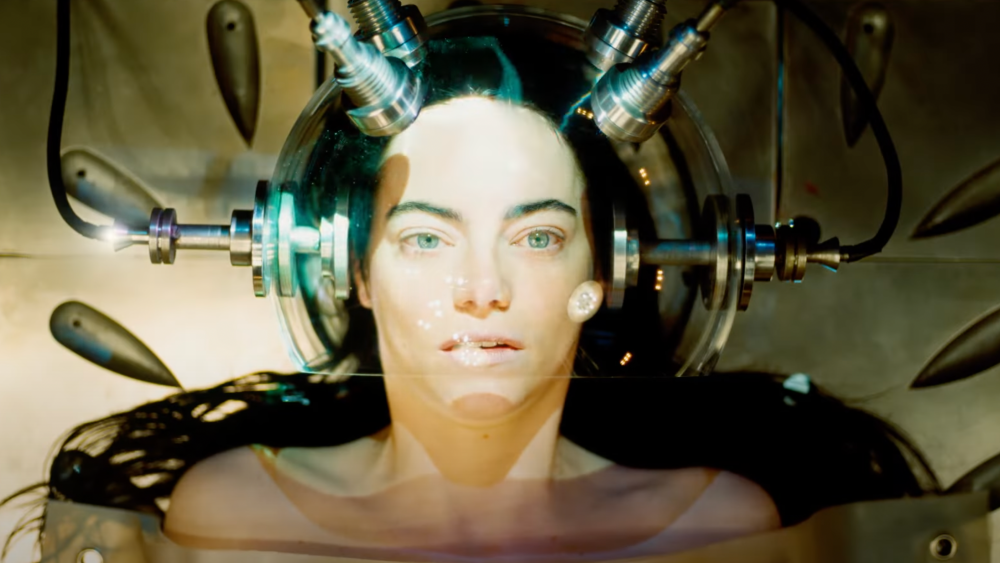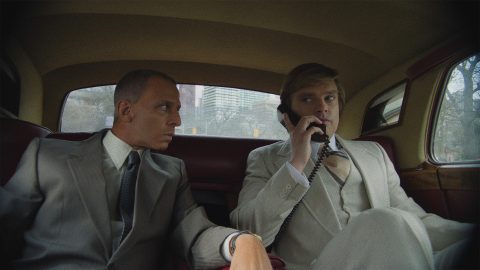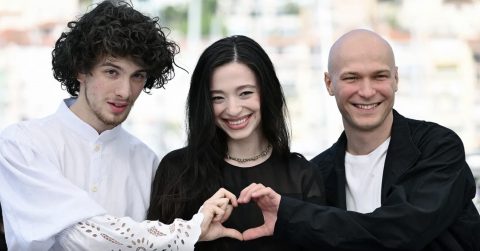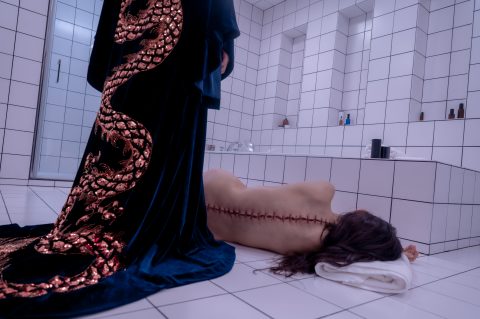Are we all familiar with the renowned doll known as “Barbie”? The one characterized by an unwavering smile and voluptuous forms, which has, over time, become a symbol of vibrant femininity for many Western women. However, for the majority of its existence, Barbie has been more of a plaything for children, embodying ideals of femininity projected by consumer society and the perspective of women as seen through the eyes of men.
Last summer, a film titled “Barbie”, featuring Margot Robbie and Ryan Gosling in the lead role, graced screen worldwide. Surprisingly, the iconic blonde Barbie doll asserted her own narrative on screen, while men were relegated to portraying helpless individuals paying for the sins of previous generations.
That being said, this Barbie film, initially anticipated to garner several prestigious cinema awards, including Oscars, seems to veer away from the themes of female independence and intelligence. Instead, it tends to perpetuate clichés (apologies, Greta Gerwig, as we typically appreciate your films). The true exploration of female independence and personality comes from Yorgos Lanthimos and actress Emma Stone in the recently released film “Poor Things”. Perhaps not all viewers will catch the subtle humor of the Greek director or the essence of the main character’s image, and most likely, those who perceive the modern version of Barbie as a symbol of women’s liberation.
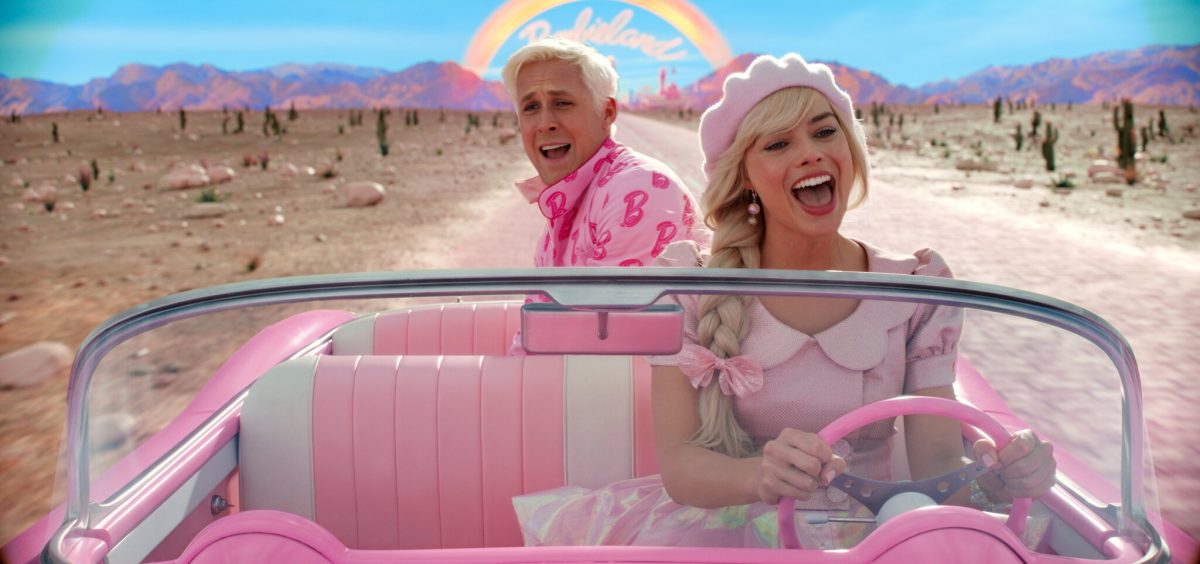
The plot of “Poor Things” revolves around the eccentric professor, Godwin Baxter (Willem Dafoe), who performs an unusual experiment, bringing a young pregnant woman (Emma Stone) back to life after a suicide attempt. He transplants the brain of her unborn baby in the adult women body, and then assigns his student Max McCandless (Rami Youssef) to monitor the development of this unique creation. Initially, the beautiful Bella resembles a hybrid of Frankenstein’s monster and Barbie. However, her intelligence quickly develops, as does her sexual experience, allowing her to confidently resist male dominance and social injustice.
Rarely does a film that is a favorite among film critics and professionals truly receive the deserved award. However, this time, “Poor Things” won the highest prize, the “Golden Lion,” at the Venice film festival. Most likely, this is not the end, and the film and its lead actress, Emma Stone, will create a buzz at the upcoming Oscars ceremony. We spoke with the director about his work on the film and future plans.
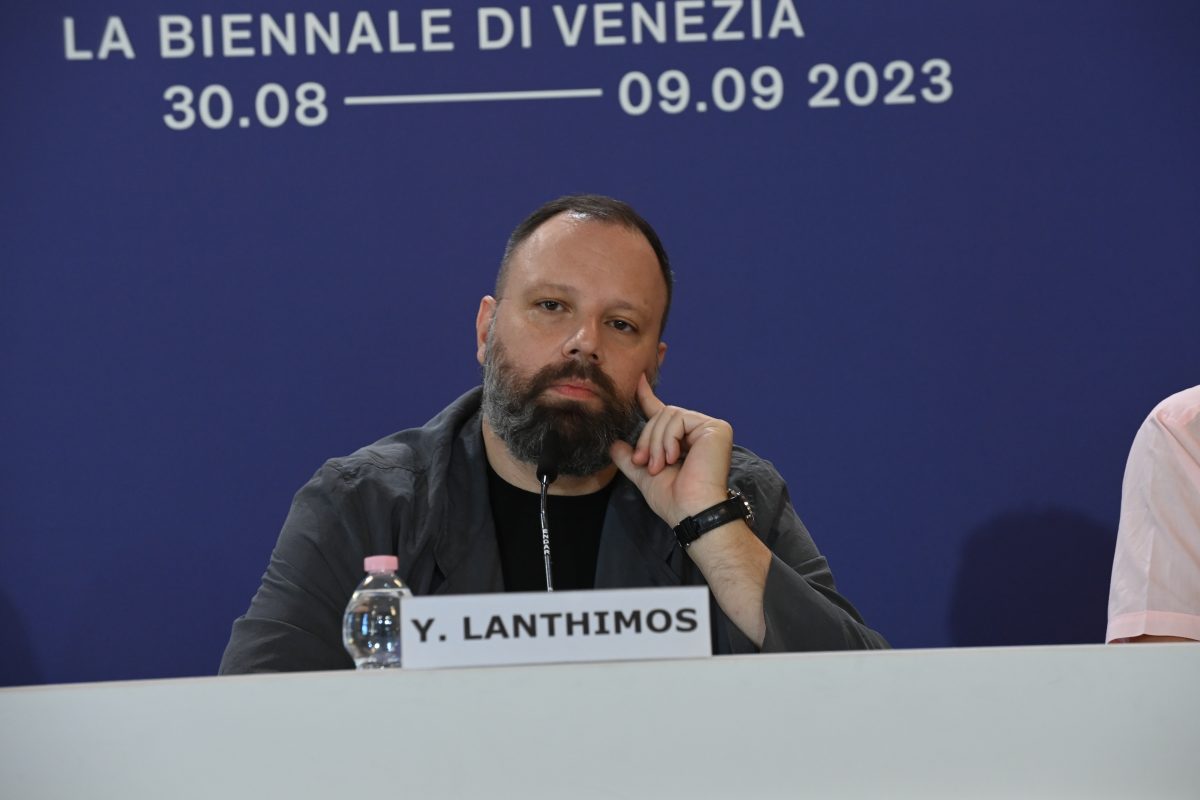
Can you tell us about how the project started, how it developed, and was realized?
In 2011, I read Alasdair Gray’s book and was so impressed by its uniqueness and relevance that I immediately booked a ticket to Glasgow. When I stood before Alasdair, he was so touched by my visit that he decided to give me a tour of his hometown, showing me the places that inspired him to write the novel. During our conversation, he admitted that my personal visit strongly influenced his decision to allow the adaptation, considering that many of my colleagues had previously been denied. Later, Emma Stone and I started filming “The Favourite.” It was in 2017, and that’s when I decided to approach Emma with this project, subtly suggesting the idea to her. Emma immediately showed interest in the opportunity to tell this story from a female perspective. In the process of working on the film, we made some changes to the plot, altered the structure, and created a unique world for the character of Bella. Emma also joined the project as a producer, wanting to actively participate in the process and contribute her ideas regarding artistic design. The result turned out to be quite exotic—a combination of unusual colors and fantastical elements, fish eyes, and geese with dog bodies.
Could you share your ideas about the avant-garde female image you created together with Emma?
This may sound a bit presumptuous, but honestly, I can’t recall such an image appearing in cinema before. And here, the film genre—science fiction—allows experimenting with the most incredible things, such as transplanting the brain of an unborn baby to its mother. The most interesting aspect is not the experiment itself but the formation of the worldview of a woman given a second chance to start life anew. In a new environment, in the house of the experimenting professor, she has the opportunity to grow and develop free from societal prejudices. Here, no one imposes rules on her, dictating how a woman should speak, move, and feel according to societal norms. Bella has no shame, no past traumas, and not even a past. She is not subject to the influence of an environment that imposes restrictions on women. Bella draws her views and beliefs from her surroundings, from the men she interacts with. At the same time, she fully surrenders to her desires and instincts, and when she begins to explore sex or love, she doesn’t understand why these themes become so controversial, especially for those who abuse them.
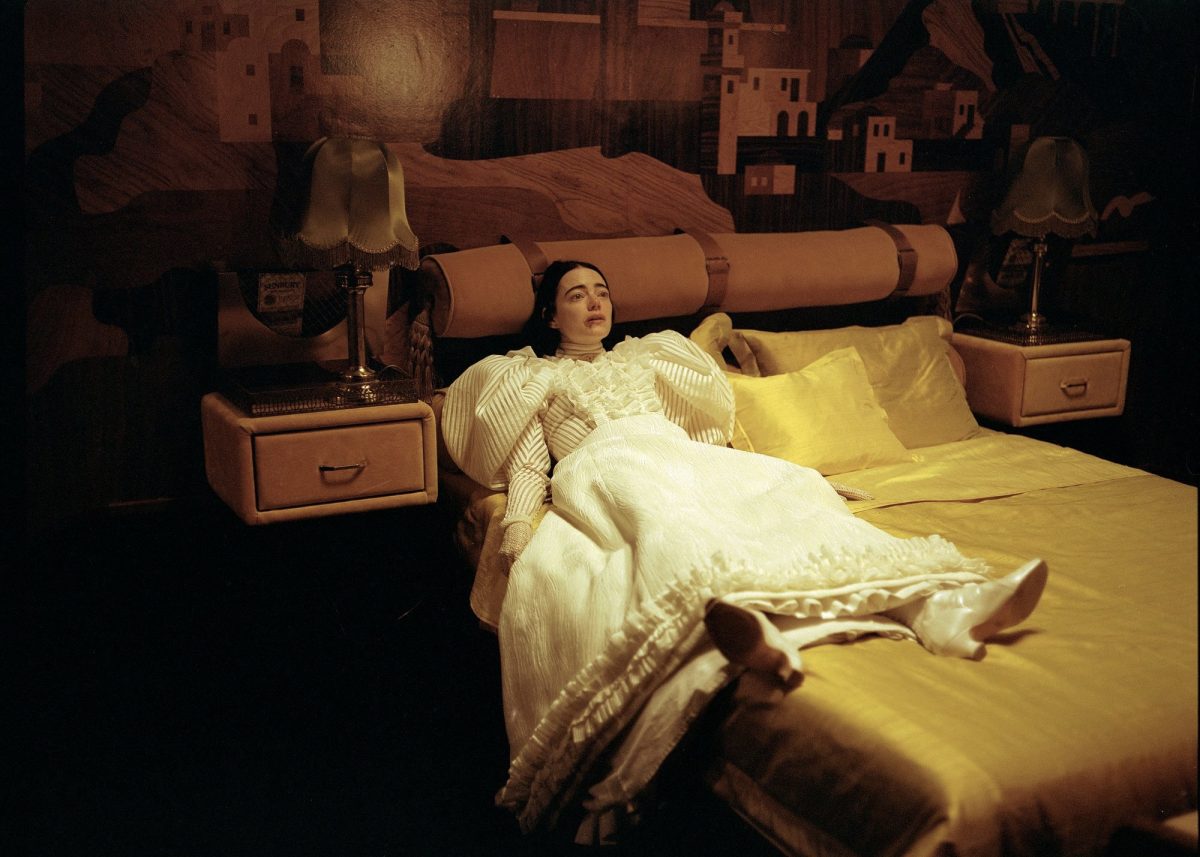
Was it awkward to shoot such a significant number of explicit scenes?
This is rather a question for Emma. In reality, she is a great actress who feels comfortable in her body. This is our fourth film together, so we didn’t need to discuss much to understand each other’s thoughts. From the very beginning, Emma knew that her character was free in everything, including her sensuality, and that intimate scenes would become an important part of the story, just as they are a significant element in our lives, including our formative years. We had an intimacy coordinator on set who ensured the actors’ comfort during these scenes. If we had shied away from such revelations, the film would have been restrained and not very believable. It would have been a betrayal to the image of the main character. And since Bella felt no shame—a societal norm—Emma understood the essence of the character and did not shy away from her nudity.
Tell us about the male characters. How do their characters highlight the uniqueness of the heroine?
The character of Professor Godwin Baxter, who created the girl, is a typical story of a father displaying excessive love and jealousy towards his daughter. Alfred Blessington is the ordinary embodiment of a despotic husband. Duncan Wedderburn, the playboy with whom she has her first sexual encounter, plays a crucial role in shaping the adult Bella. Duncan is a typical self-absorbed alpha male. He exudes confidence and arrogance outwardly, but inside, insecurity prevails. Too much power granted by society has turned his masculinity toxic. However, this character couldn’t handle the independence and freedom of the young woman, ultimately losing her. On the other hand, Max McCandless, the professor’s apprentice, initially seemed like a typical man seeking to dominate and possess Bella, like the others. However, due to his intelligence, Max realized the uniqueness of this woman and began treating her with proper respect. In the end, all male characters in the film try to possess and control Bella according to societal standards. But since Bella is too independent, she manages to thwart their plans and overcome their schemes.
What drives your inclination towards black humor in your work?
Without humor, stories lose all meaning. How can one take life too seriously when there is so much absurdity happening around? I find people who take themselves too seriously very irritating. It’s essential to be able to laugh at oneself, to see the funny sides of life. This doesn’t mean giving up respect for authorities, taking responsibility, or slacking off. However, treating every moment of life as exceptionally important and serious can limit our perception of the world. Even in the deepest dramatic plots, there is something comedic and absurd. It’s crucial to be able to distance oneself, look at things from multiple perspectives, and you’ll discover that life has its share of absurdity in all its aspects.
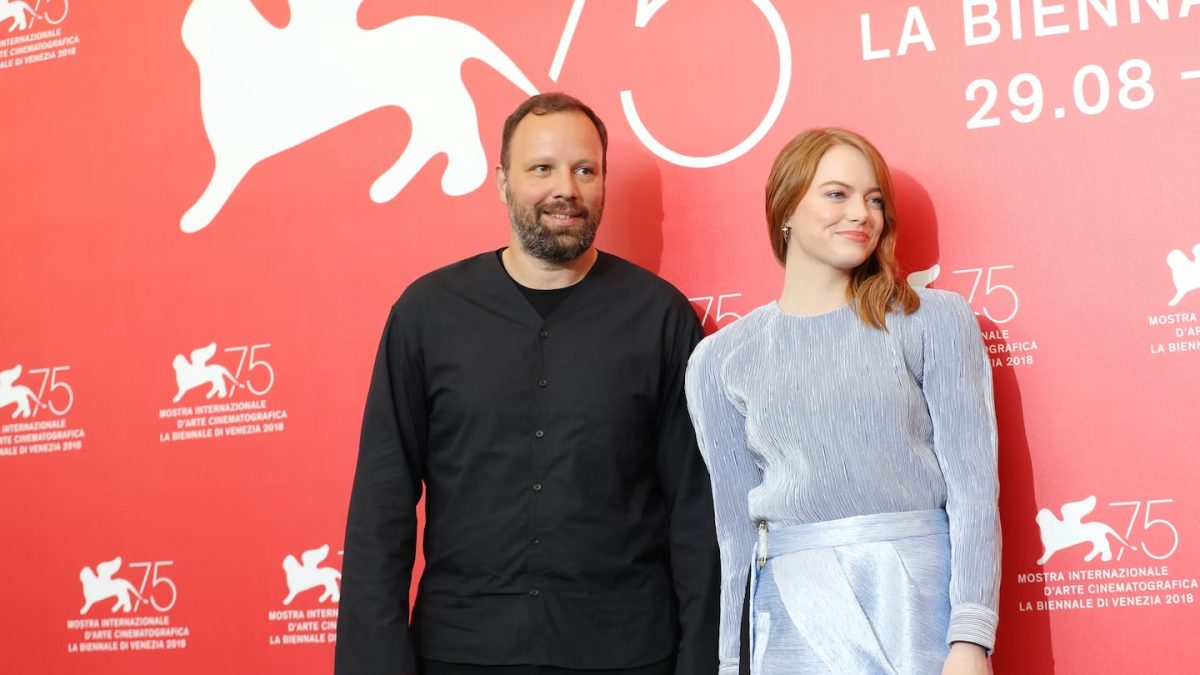
Why do you rarely work in Greece?
My stories are too universal to limit myself to one territory. Besides, I don’t like how filmmaking is approached in Greece. There, cinema and shooting are seen as a kind of hobby, and directors are not taken seriously. Working in the film industry there feels like a family business, where a group of relatives gathers, and everyone does each other a favor. Not to mention that no one pays for such work there.
What is next for you?
I can’t reveal details about the upcoming film, but I can mention that it’s called “AND” – a collection that includes several stories, with Emma Stone and Willem Dafoe once again in the lead roles. This project is a collaboration with my Greek colleague, Efthimis Filippou. The plot promises to be simpler and less intricate than in this film. However, at this stage, that’s all I can share.
